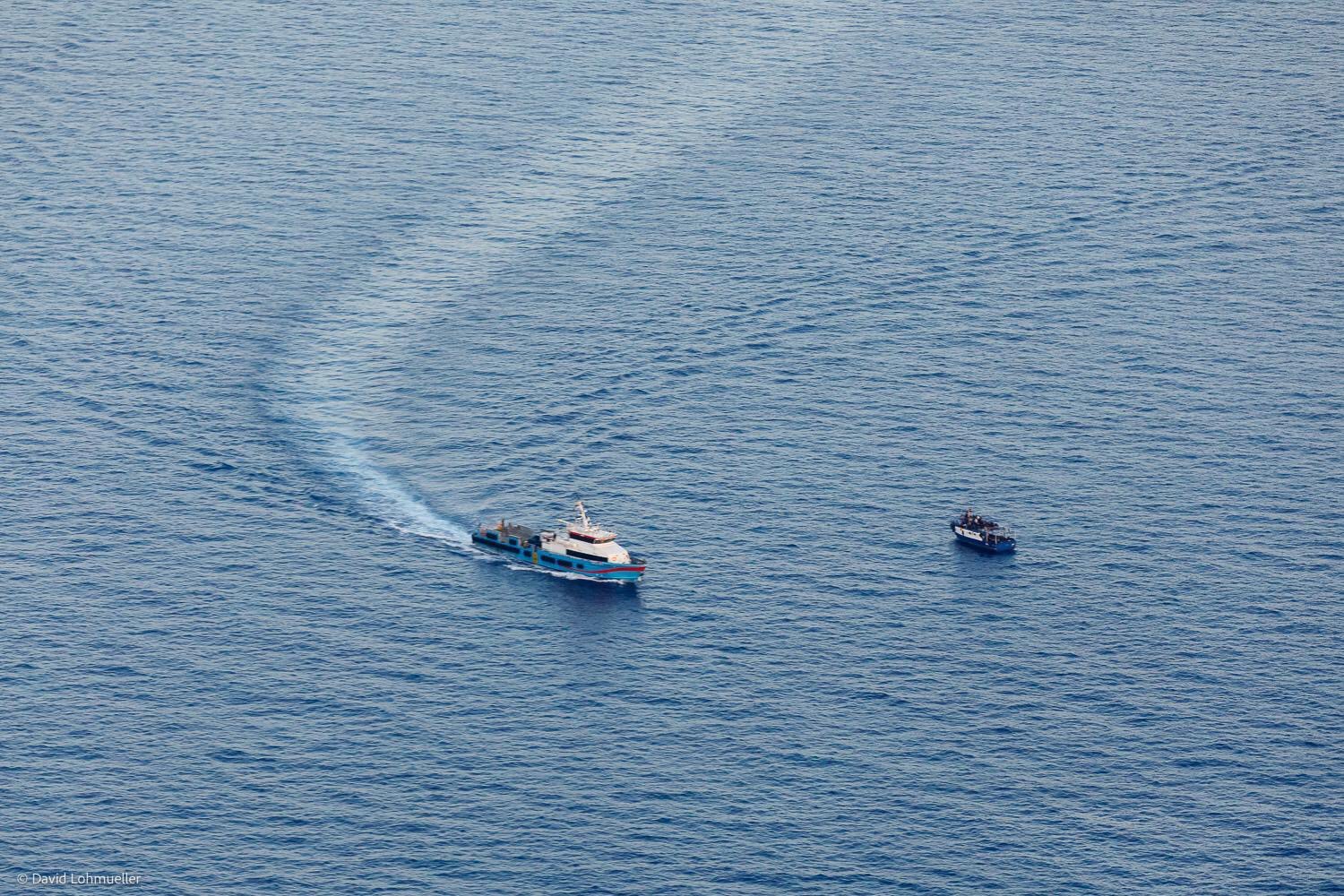The EU is paying hundreds of millions of euros this year to “partner countries” Libya, Egypt and Tunisia for border surveillance. The announcement came just days after the shipwreck off Pylos.
Since December 1, 2019, former German Defense Minister Ursula von der Leyen has been President of the European Commission. She is also responsible for the restructuring of the Common European Asylum System (CEAS) – and was thus for legislative proposals calling refugee movements, when favored by neighboring third countries, an “attack on the EU as a whole.”
In a letter to the 27 EU member states two weeks ago, von der Leyen outlined her tough line on migration policy and announced measures that until then had only leaked in rudimentary form. The letter has been posted online by the British civil rights organization Statewatch.
The focus is on further securing the external borders. The border agency Frontex, which already has an annual budget of a quarter of a billion euros, is to receive an additional €200 million. EU states at the external borders can look forward to €140 million for new “electronic surveillance systems”; a call for tenders is already on its way. Bulgaria and Romania – which are still not full Schengen members – will receive another €56 million to strengthen their borders with Serbia and Turkey, respectively.
Authoritarian states in North Africa have played a special role in securing Fortress Europe in recent years; their capacities for monitoring maritime borders have already been supported with sums in the triple-digit millions and, in the case of Tunisia, increased by a whopping €255 million in two financial packages following a visit by the Commission President. This year, the government in Tunis is to receive patrol boats, radar systems, cameras, vehicles and other equipment through one of these packages. This year alone, the EU has also funded the repatriation of more than 400 refugees to sub-Saharan Africa.
The EU also continues to support the Libyan coast guard to intercept and return refugees on their way to Europe and to force them into torture camps. Under the pretext of “sea rescue,” the Commission has already spent over €50 million on equipment and training for the Libyan authorities. This year alone, 7.562 people are reported to have been picked up on the high seas by Libyan militias in this way. In June, two more ships were delivered to the coast guard.
Egypt can also look forward to new funding from Brussels. A tender is currently underway for the “accelerated delivery” of patrol vessels, which von der Leyen’s letter describes as “search and rescue boats” and are to cost €23 million. In a second phase, a “border management project” focusing on land borders will be funded at €87 million. In addition, there is an “anti-smuggling partnership” and “talent partnership” signed by Commission Vice President Margaritis Schinas with Egypt, for which €120 million has been pledged.
Libya, Egypt and Tunisia are among the states in the “European Neighborhood” that will receive further grants through an identical financial program. However, the Commission also wants to extend the EU’s migration defense to West Africa. In the course of this “pre-frontier monitoring” of the EU’s external borders, Frontex also wants to send its own border guards to countries such as Mauritania and Senegal for the first time, and the Commission is negotiating the necessary status agreements to this effect.
In her letter to the Council, von der Leyen refers to African governments as “partner countries.” EU activities are described therein as efforts in the “fight against human smuggling” in order to “bring an end to unnecessary suffering and unfortunate loss of life.” Statewatch describes the letter sent by the Commission President just days after the shipwreck off Pylos with presumably more than 500 dead as crocodile tears – quite correctly.
Published in German in „nd“.
Image: The Libyan militia vessel donated by the EU “Tariq Ben Zayed” intercepting a migrant boat (Sea-Watch).





Leave a Reply